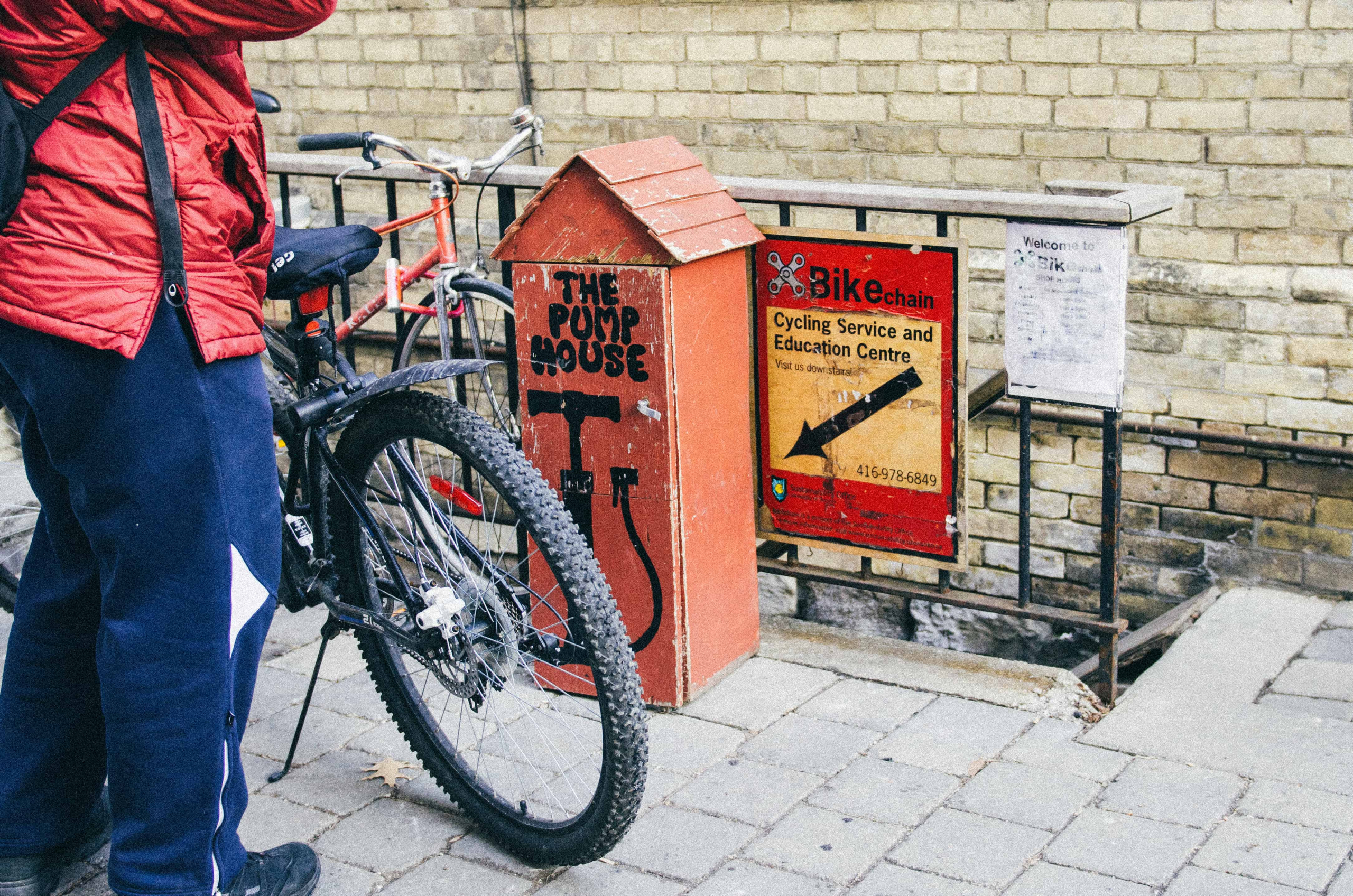Bikechain is not “a great, student-run service [which] has struggled to stay afloat,” as Maryam Mughal wrote in her article in this newspaper (March 10, 2013), but it is a great student-run service struggling to provide better services and meet its growing demand. The end of the work-study program for student organizations was a significant blow to Bikechain. Even our successful levy increase pales in comparison to the support we had through work-study.
Asking for $0.25 may not have been enough, but some people may “feel cynical about being uninformed as to where, specifically, [their] compulsory fees are being used.” Bikechain itemizes our student levies on the front page of its website. Any student can log into rosi and see the whole list of ancillary fees they pay.
If “the question is, could a decision by a few voters during the utsu elections … force others to contribute equally for additional funding to expand Bikechain’s services,” then the answer is unequivocally no. Quorum was five per cent of all students affected. That is not a few students, it’s a couple thousand, 70 per cent of whom voted in favour of a levy increase. Prior to the referendum, Bikechain was required to gather a petition with 10 per cent of students in favour of holding the referendum. Anyone who felt strongly against the Bikechain levy should have voted no. It is never the few students who decide the outcome; it is the few thousand who turn out to vote.
Furthermore, nobody is “forced to pay” a Bikechain levy. Anyone who wants to keep their $0.25, $0.50, or now $0.75 can opt out in the first three weeks of every semester. But why would you?
The Bikechain campaign pointed out that $0.25 could only get you one seventh of one cup of Tim Horton’s coffee, that an average year’s worth of textbooks costs 3,600 times more than the levy increase, and that the Athletic Club (ac) membership is 1,200 times more expensive.
Not everyone reads The Varsity, and not every student will go to Bikechain, or Downtown Legal Services, or the Sexual Education Centre, or the ac, or Hart House, or Robarts Library for that matter. Not every Canadian will visit a library, community centre, shelter, or food bank. Why should we pay for these services if we don’t intend to use them?
Like the many services on campus, these community services improve the quality of life of people who depend on them. Whether funding comes from student levies, or taxes, “free” services need to be funded somehow.
You shouldn’t opt out of anything. You should take advantage of as many services as possible. Seriously look at all the groups and what they have to offer. Volunteer with them, as they provide great learning opportunities. For example, you might assume that Bikechain “is of no use to those who choose to walk or drive … don’t know how to bike … can’t bike due to physical limitations … commute by ttc.” Really, everyone can use Bikechain. We are open six days a week. We primarily work on bicycles, but skateboards have come through. We would certainly be able to work with paraplegics who ride handcycles — my grandmother’s walker’s braking system uses bicycle parts that we carry in our shop.
We also have general tools which people have used for non-bike-related tasks, and will soon be introducing a short-term tool lending program.
We’ve had volunteers who don’t cycle and held a workshop where we taught people how to ride a bike. For anyone who chooses not to cycle, getting more people cycling frees up respective space on the sidewalk, road, or ttc. The fact that people are becoming healthier and happier has incidental benefits to everyone else and just maybe some of that happiness will rub off on you. Cycling helps everyone, and there are more cyclists than you might think.
Imagine walking into a store, and they were selling an amazing package of services: free bicycles to borrow for a year, free condoms and lube for a year, free legal advice for a year, free film screenings, subsidized child care, subsidized lunches, a whole bunch of free events — all for the low price of $44. They would be sold out in the first hour.
You may never use Service X, but you may use Service Y. Pooling resources to provide for both services lowers the cost of providing each. These are the best bargains you will ever get. If you want to save money you are better off trying to lower tuition and textbook costs.
Dominic Wong is the Administrative Coordinator at Bikechain.


